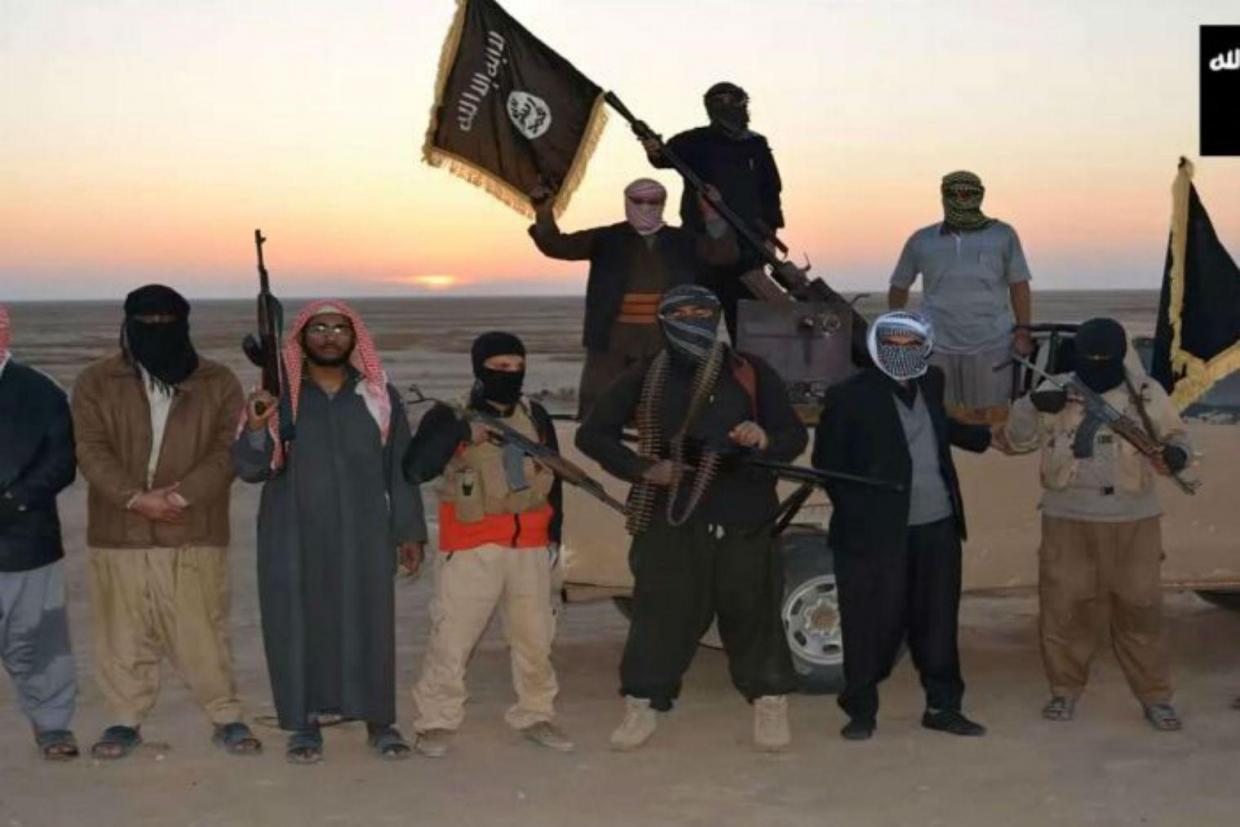EU faces influx of Isis fighters as they flee Mosul offensive, top official warns
Huge military operation to remove the group from its last Iraqi stronghold could spark exodus of fighters back to European countries, security commissioner says

Violent extremists who left Europe to join Isis now fleeing the US-backed offensive on Mosul who try to come home pose a “serious threat” to European security, the EU’s security commissioner has warned.
“The retaking of Isis’s northern Iraq stronghold, Mosul, may lead to the return to Europe of violent ISIS-fighters,” Commissioner Julian King told German newspaper Die Welt on Tuesday. Even a handful would pose “a serious threat we must prepare for,” he added.
Around one fifth of Isis’s total fighters – 3,700 people – are residents or nationals of Western Europe, a King’s College London study estimated last year, including 1,200 fighters from France alone. Experts believe 4,000 to 8,000 militants are currently embedded inside Mosul, Iraq’s second largest city, and Isis’s last major stronghold in the country.
Ankara is also worried that Isis fighters may try to cross the Syrian border into Turkey if and when the group loses control of the northern city.
“When [Isis] militants are ousted from Mosul, where will they go? Not to France or Germany, but to Turkey, which is closer, and that is a threat to us,” Turkey’s Deputy Prime Minister Numan Kurtulmus said at a media conference on Monday.
Some 30,000 Iraqi army troops and Kurdish peshmerga forces mobilised early on Monday for the long-anticipated operation to liberate Mosul’s approximately 1.5 million residents from Isis.
Isis has controlled the town since 2014, when it was captured during the rapid expansion across Iraqi territory which marked the group out as a serious global threat in the spillover of the Syrian civil war.
The battle is expected to be long and bloody. Approximately one million people are in danger of being caught in the crossfire, the UN and other aid agencies have warned.

Iraqi intelligence suggests that at least some Isis fighters in the countryside surrounding Mosul have fled to the caliphate’s de facto capital of Raqqa in northern Syria, which has also been the case in several of the group’s recent military setbacks, which have seen them lose one third of their territory.
Defeat in Mosul will effectively spell the end of Isis as a land-occupying force in Iraq.
Earlier this year, Nate Rosenblatt of think tank the New America Foundation said that as more and more Isis members try to defect as the group loses power, the fight may change to a battle against fighters who return home and continue the ideological battle from there, even if the group is no longer able to occupy territory.
“Learning who Isis’s fighters are and where they come from is essential to developing effective policy responses to local conflicts that Isis effectively links to its ideology and agenda,” he said.
Join our commenting forum
Join thought-provoking conversations, follow other Independent readers and see their replies
Comments
Bookmark popover
Removed from bookmarks